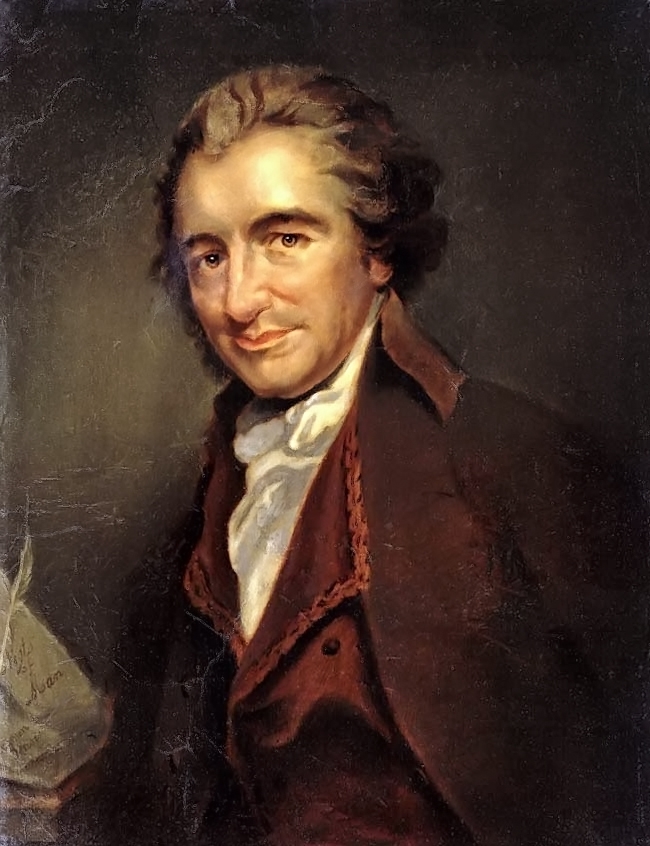Thomas Paine: Champion of the Common Man
Article published: Saturday, August 29th 2009
‘Government in its best state is but a necessary evil; in its worst state an intolerable one’. These words, written by Thomas Paine over 200 years ago, still ring true today, and a new exhibition about Paine’s life at the Salford Museum and Art Gallery reminds us of what we have learned from him. The words, which are among Paine’s best known, are taken from his hugely influential book Common Sense, published in 1776.
 A foreword to the exhibition by Tony Benn sets Paine up as a ‘symbol of change’ and argues that with the British political system in a time of great uncertainty today, we should look again at his theories. Paine would be ‘shocked’ if he knew there was still no world peace, and that Britain still had a monarchy, unelected peers and no written constitution.
A foreword to the exhibition by Tony Benn sets Paine up as a ‘symbol of change’ and argues that with the British political system in a time of great uncertainty today, we should look again at his theories. Paine would be ‘shocked’ if he knew there was still no world peace, and that Britain still had a monarchy, unelected peers and no written constitution.
Paine argued against a government that is ‘accountable to nobody and not trusted by anybody’. His calls for a written constitution are just as relevant today, with confidence in politicians plummeting with every new scandal and growing calls for electoral reform.
He would be dismayed that so many things we take for granted today were only achieved in relatively recent times: universal suffrage, free universal education, old age pensions and the abolition of slavery and the death penalty.
The exhibition sets the scene Paine was born into in 1737. In Thetford, Norfolk, out of a population of 30,000, only 20 men could vote, and public executions were common. Unsurprisingly, Paine, the son of a Thetford corset maker, had a thirst for adventure and, after meeting Benjamin Franklin, set off for the New World.
Paine was a driving force behind the American and French revolutions. He convinced George Washington of the need for revolution to end America’s governance from afar by the British monarchy, and even coined the phrase United States of America. He also spent time in France, where he wrote Rights of Man: Part One as a retort to the conservative thinker Edmund Burke’s attack on the French revolution.
Yet the exhibition, which is comprised of material from the archives of the nearby Working Class Movement Library, argues that Paine’s most important legacy is his championing of the rights of the common man.
Paine wrote his books in plain English, and produced inexpensive editions which became best sellers and were read aloud to the illiterate. As well as early editions, the exhibition displays cartoons and satire based on Paine’s work. This spread of ideas panicked the establishment, who tried to prosecute Paine for libel.
The exhibition also displays works by Paine’s contemporaries alongside writers and movements on which Paine had an influence, including Chartism and women’s rights. Paine was an inspiring individual: he was also an inventor, designing an innovative iron bridge.
There are plenty of fact sheets and lists of quotes to take away, as well as recommendations for further reading in the WCLM’s archives. As Veronica Trick, volunteer co-ordinator at the Library, said: “If our library had a patron saint it’d be Thomas Paine. He’s so much the starting point, both chronologically and ideologically, for working class history.”
http://www.salford.gov.uk/leisure/museums/salfordmuseum.htm
Natalie Bradbury
More: Culture, Exhibition, Manchester
Comments
No comments found
The comments are closed.



